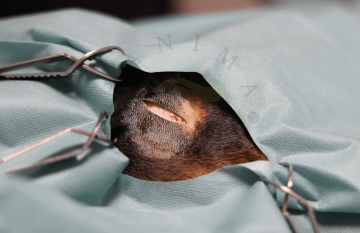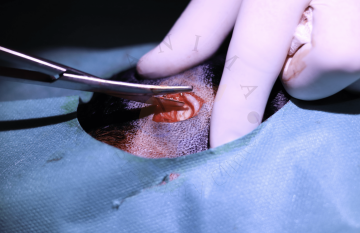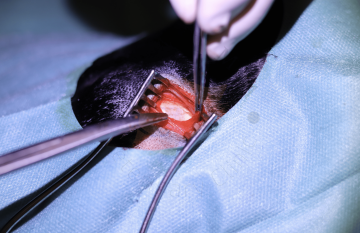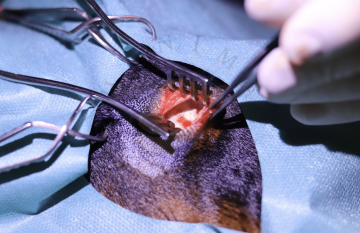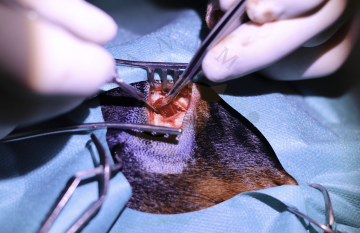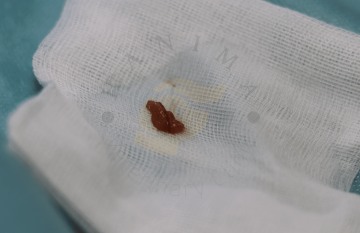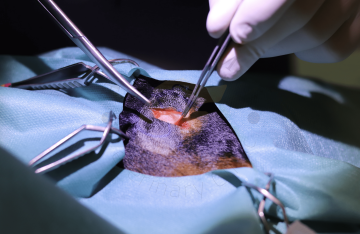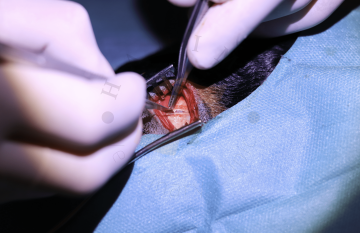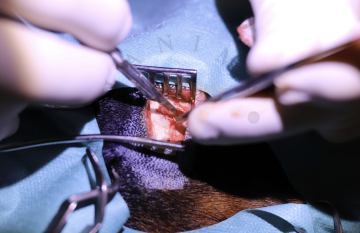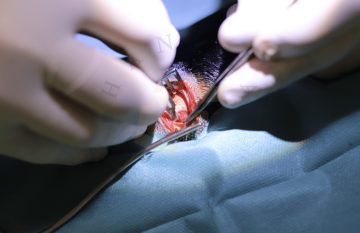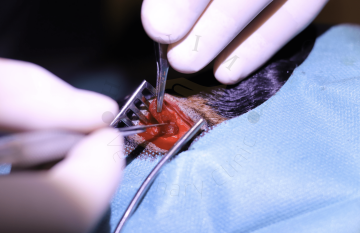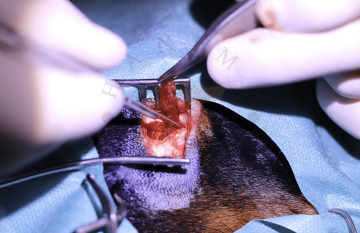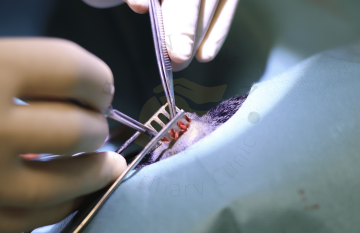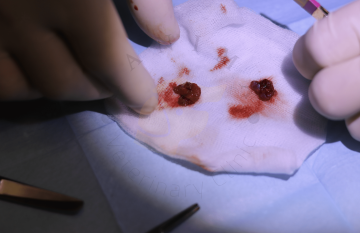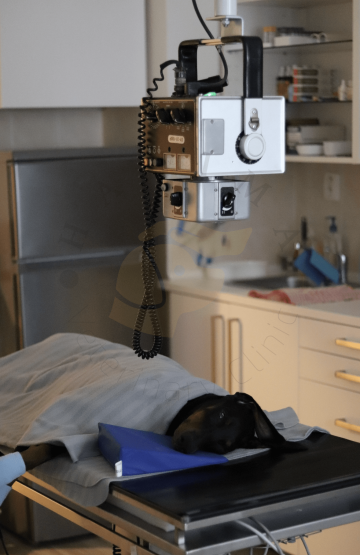Muscle Diseases of the Head and Neck in Dogs
Professional Dental Consultation
The first step before any dental procedure with us is always a professional dental consultation, also known as a dental examination. Without this, we are unable to determine the type, extent, or cost of the necessary dental or dental surgical procedure. We strive to approach our clients transparently to ensure that it is entirely clear what needs to be done and how much it will cost.
The price for a professional dental consultation is 940 CZK.
Muscle diseases of the head and neck in dogs encompass a variety of conditions caused by different factors, including infections, trauma, autoimmune reactions, or tumors. Other common diseases affecting the muscles of the head and neck include masticatory myositis, infectious myositis, traumatic myositis, polymyositis, and dermatomyositis. Each of these diseases has specific symptoms and requires a different approach to diagnosis and treatment.
Masticatory Myositis in Dogs
Masticatory myositis is an autoimmune disease that specifically targets the masticatory muscles in dogs (m. masseter). This condition arises when the dog's immune system mistakenly identifies its own muscle cells as foreign and begins to attack them. This results in inflammation, pain, and gradual weakening of the masticatory muscles.
Causes
The exact cause of masticatory myositis is not fully understood. It is known to be an autoimmune disease where the immune system attacks and destroys muscle fibers in the masticatory muscles. Genetic factors may play a role, and some breeds may have a higher predisposition to this disease.
Symptoms
Dogs with masticatory myositis often show the following symptoms:
Difficulty opening the mouth (trismus)
Pain when chewing or eating
Swelling of the masticatory muscles (initially swelling, followed by atrophy)
Muscle atrophy (loss of muscle mass) over time, especially around the head and jaws
Excessive drooling or dropping food from the mouth
In some cases, fever and lethargy
Affected Age Groups
Masticatory myositis can affect dogs of any age, but it most commonly occurs in young and middle-aged dogs between 2 and 5 years old. Breeds with a predisposition to this condition include German Shepherds, retrievers, and Dobermans, though it can occur in any breed.
Diagnosis
Diagnosing masticatory myositis requires a combination of clinical examination, blood tests, and muscle biopsy. Blood tests can reveal elevated levels of muscle enzymes and the presence of specific antibodies against masticatory muscles. A muscle biopsy provides a definitive diagnosis by showing inflammatory changes and damage to muscle tissue. X-rays or MRI may be used to rule out other causes of muscle disease. Early diagnosis and treatment are crucial for improving the dog's quality of life and preventing permanent muscle damage.
Treatment
Treatment of masticatory myositis usually involves administering corticosteroids to suppress the immune response and reduce inflammation. In some cases, immunosuppressive drugs may be necessary for long-term disease control. Physiotherapy and supportive care can help restore muscle function and improve the quality of life for affected dogs.

